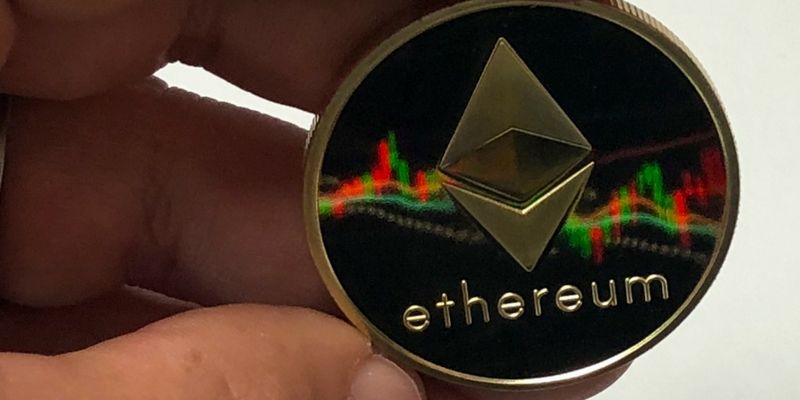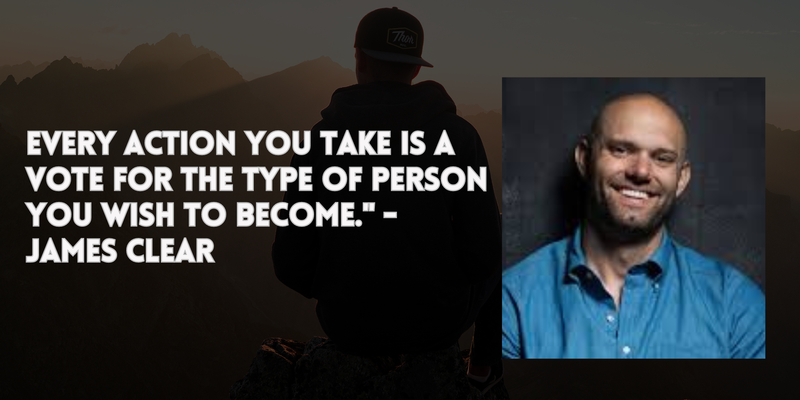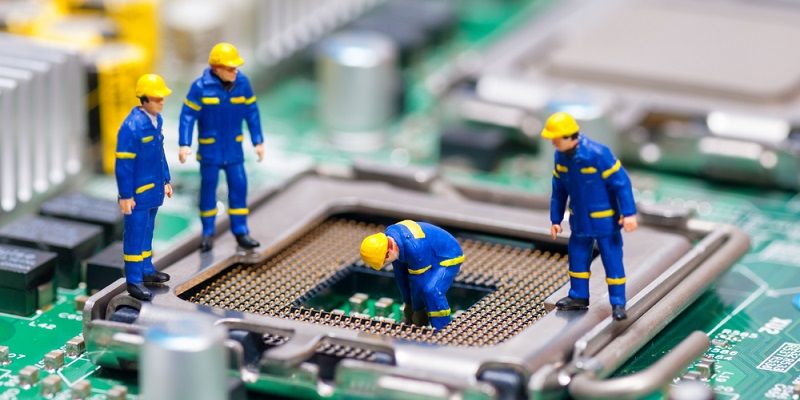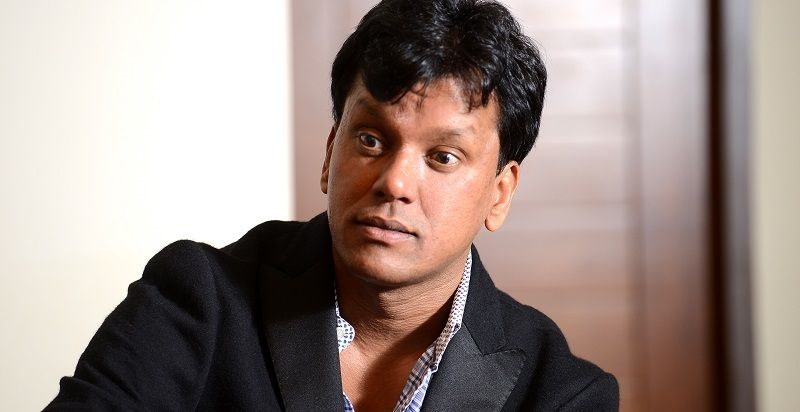UNICEF wants PC gamers to mine Ethereum for children in Syria
As Bitcoin has seen a steady plunge in value since the start of 2018, other cryptocurrencies have seen downward trajectories as well. However, in the absence of the high volatility that accompanies the Bitcoin market, cryptocurrencies like Ethereum have seen lighter losses and investor faith is still not quite shaken. Now, a new pilot project by the United Nations International Children’s Emergency Fund, or UNICEF, is helping Ethereum find new value in humanitarian aid and development scenarios.

Photo by David McBee from Pexels
UNICEF has launched a pilot project that aims to use Ethereum to raise money for Syrian children. Dubbed Game Chaingers, the project recruits gamers around the world to use their computers’ processing power to “mine” Ether that is used to aid relief efforts for children affected by the long-running Syrian civil war. The project is still quite new and has only managed to raise a little over €900 so far, but it is the latest in a series of initiatives undertaken by the UN to find uses for blockchain in developmental programmes.
To participate, PC gamers with high-end graphics cards capable of running the processes needed to mine Ethereum can download a mining software from the Game Chaingers website. Then, when they’re not using their computer, they can simply power up the software and let it do its thing. The software, called Claymore, automatically draws power from the user’s graphics card to mine Ethereum and donates the money raised to UNICEF’s electronic wallet. UNICEF can then use these funds for its humanitarian efforts in Syria.
Previously, the World Food Programme used Ethereum in May 2017 to deliver almost $1.4 million worth of food vouchers to about 10,000 Syrian refugees in a refugee camp in Jordan. While there was no difference in the supplies that the beneficiaries received, WFP said that it had managed to save money that would otherwise be spent on intermediary services like middlemen. As programmes like the WFP move from food handouts to cash assistance, such savings can accrue and make a big difference over time.
Past UN initiatives using blockchain have included attempts to lower the loss of UN funds to corruption, build online portfolios for refugees that can become their one-stop identity documents, and more. Following the success of the Jordan project, WFP’s Director of Innovation, Robert Opp, said, “There are a number of potential uses of blockchain that could dramatically change the way we reach people in terms of our efficiency, effectiveness and security.”
Cryptocurrencies have developed a bit of a dark reputation as havens for money laundering and illicit payment activities. However, initiatives like Game Chaingers are showing that they also have huge potential to assist humanitarian and fundraising activities, especially in the form of systems that allow the large-scale collective effort to create aid money that can be donated to the beneficiaries who need it without the need of intermediaries. The success of these initiatives will also be instrumental in exploring other uses of cryptocurrencies’ underlying blockchain technology, as organisations like the UN explore new ways of making their aid programmes more efficient, robust, and effective.











